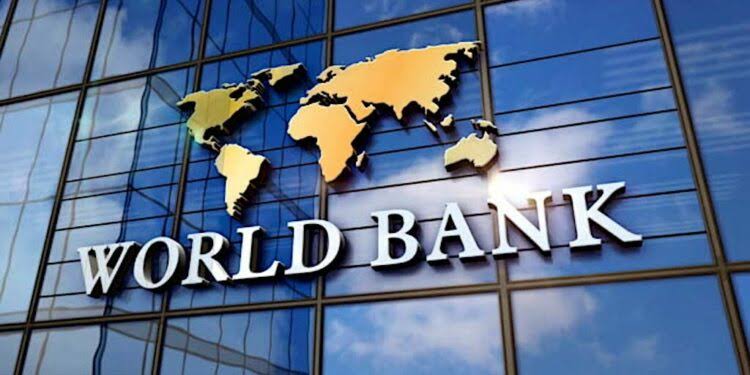
The Bureau of Public Enterprises, BPE, announced on Thursday, May 30, that the Federal Government has secured a $500 million World Bank loan to bolster Nigeria’s electricity distribution sector.
The BPE stated that the loan has been secured to address the numerous challenges facing the distribution companies (Discos) in the country.
“In a strategic move to address the identified gaps in the electricity distribution companies, the Federal Government of Nigeria has secured a $500 million loan from the World Bank,” BPE said in a statement issued in Abuja by its Head of Public Communication, Amina Othman.
It added, “Approved on February 4, 2021, by the World Bank board of directors, this funding supports the Nigerian Distribution Sector Recovery Programme aimed at improving the financial and technical performance of the Discos.
“The DISREP is designed to enhance the financial and technical operations of the Discos through capital investment and the financing of key components of their Performance Improvement Plans, which have been approved by the Nigerian Electricity Regulatory Commission.”
The Bureau stated that key areas of improvement include the bulk procurement of customer/retail meters and meter data management systems, the implementation of a Data Aggregation Platform, and the enhancement of governance and transparency within the Discos.
Regarding the program components, the BPE explained that the DISREP comprises two main components.
The first component is the Program for Results, with an allocation of $345 million, aimed at supporting the implementation of selected PIP components, which the Bureau of Public Enterprises will oversee.
The second component is the Investment Project Financing, with an allocation of $155 million, intended to finance the procurement of meters, a data aggregation platform, and technical assistance.
“The DISREP loan, particularly the Investment Project Financing component, is expected to significantly benefit the Nigerian Electricity Supply Industry by closing the metering gap, reducing Aggregate Technical, Collection, and Commercial losses, and improving remittances and liquidity for the Discos.
“Others include to enhance the reliability of power supply, as well as increase transparency and accountability within the Discos,” BPE stated.
It said the $500 million DISREP loan from the World Bank offers concessional financing with more favourable terms than commercial bank loans.
“This will enable the Discos to invest in critical distribution infrastructure, improve ATC&C losses, increase power supply reliability, achieve financial sustainability in the power sector, and enhance transparency and accountability,” the bureau stated.
It noted that significant progress has been made in the preparation of the DISREP program, with several key milestones achieved and approved by the Federal Executive Council on August 3, 2022.
These milestones include the execution of the Financing Agreement by the Federal Ministry of Finance, Budget and National Planning, and the World Bank, as well as the adoption of the Program Operations Manual by the BPE and the Transmission Company of Nigeria.
The government has also obtained a legal opinion from the Attorney-General of the Federation and executed the Subsidiary Loan Agreement. The effective declaration of the DISREP Program was made on January 31, 2023, and the inauguration of the DISREP Technical Committee took place on May 6, 2024.
Furthermore, the program’s inclusion in the Federal Government’s borrowing plan was approved by the Senate Committee on May 16, 2024.
“To ensure repayment assurance, the Bureau of Public Enterprises sought and obtained approval from the Nigerian Electricity Regulatory Commission and the National Council on Privatisation for a
structured repayment hierarchy.
“This structure prioritises payments as follows: 1. Statutory payments (taxes); 2. Repayment of CBN market loans; 3. Market obligations; 4. Repayment of DISREP loan; 5. Discos’ net revenue. This structured repayment plan aims to mitigate risks associated with repayment uncertainty and defaults, with regulatory sanctions imposed for any defaults,” BPE stated.
Power distribution companies in Nigeria have faced widespread criticism for being the weakest link in the country’s power value chain due to numerous shortcomings.
For example, about eight million registered power users out of an estimated 13 million electricity.
consumers are not metered by the Discos.
Additionally, there are frequent complaints about poor power supply in many areas served by the Discos. Consumers on estimated billing also accuse the Discos of extortion, among other concerns.




